The idea of clean diesel is a relatively new one to our shores, but one that has a well established credibility in Europe and Asia. As American markets evolve and the pipe dream of the average cost of a gasoline gallon dropping back under $2 is slowly fading, new alternatives have to be explored. It is under this banner that GM seems to be releasing their brand new Chevy Cruze diesel stateside. We got a great opportunity to talk with James Bell, GM’s Head of Consumer Affairs about the Cruze and the future of alternate propulsion systems in American motoring.
The Interview
Why bring a diesel to the states?
Well, it’s really a matter of watching some of the import luxury brands do very well in this space. BMW is selling close to 40 % of their X5 SUVs with a clean diesel engine, Mercedes has done well with it, Audi and Volkswagen have done well with it. So at GM looked at our product portfolio around the globe, realized that we have #1 a great platform in the Cruze, that has done very well in the US. That has really allowed Chevrolet and small car to come together in a very confidant and good selling way. We also had this great engine that is design in our facility in Italy. Put together in Germany. We thought, lets ship it over and put it in a that already has a lot of respect and give a great new option to consumers in this space. And because it’s a Cruze, it’s affordable. You don’t have to spend luxury car money to get this benefit.
How does the addition of diesel affect the final price point on the vehicle?
It will add about $2000. The base price, I should say, is about $25000 for this car. But what you really need to consider is that this is not some stripped down Cruze that has this gem of an engine. It’s a good Cruze. It’s a very well contented car that also has this great motor. It does cost a little more, but that’s also what you see with electrified cars … with hybrids. You spend a little bit more upfront, but then when you start penciling forward, when it comes to the savings you are going to be making, from the fuel efficiency side, as well as the resale value, it pays for itself over the time of ownership.
How do you feel that fuel economy and fuel savings compare to a hybrid vehicle?
Well that’s an interesting point. Some of the hybrid vehicle manufactures have been in a little hot water lately because people who are buying these cars are not getting the EPA numbers they are promising. With clean diesel, not just with Chevrolet but with all the manufactures, its very well known that you can easily blow away the EPA numbers. In fact, the engineers are telling me that they are getting better than 50 mpg without even trying very hard in this new Cruze diesel. So, it’s going to be what you consider hybrid type fuel efficiency, but really deliver it.
Why has this technology been offered so much in European markets and not as much here in American markets?
I think the biggest factor for why we are just seeing it now, or at least the last couple years is the fact that the Europeans very lovingly said that our fuel was tractor fuel up until just a couple years ago. We had very high sulfur content fuel that could not run in the latest computer controlled high-pressure injection diesel engines that was available in Europe. We got that fixed over herein the US about 4 or 5 years ago, so that’s kind of opened up the floodgates for manufacturers to bring these over. I mean, I reference the LA Auto Show, ‘cause if you saw that, Audi introduced I think 6 new clean diesel engine options in their cars. Inevitably they are going to have a clean diesel option on every car that Audi sells. So, that’s really been the trick. We now have the fuel that Europe has, so we can start to take advantage of the nice vehicles that Europe has been playing with.
What is the future of alternative fuel in the GM line up beyond just the Cruze?
That’s a great question and I’ve got a real clear answer for it. What General Motors is really doing is they are providing choice. Looking at the future of personal transportation, kind of offering a big spectrum. When you stand back and look at it, this is a very interesting time in our driving history. Ten years ago, you basically went out and bought yourself a car. You picked the color you liked and the brand you likes and the style and so forth, but you knew inevitably you were going to be going to a gas station and putting gasoline in that car in order to get down the road. Now you jump ahead to your 2013 and you’ve got propulsion choices that are very spread across this map. That’s what GM is doing. If you are a person that very honestly drives 10 miles a day in stop and go traffic around town, then we’ve got full electric vehicles for you that don’t even know what gasoline is for. Maybe you want that electrified driving experience, but you do longer drives now and then, well then we’ve got the Volt. On the other side, if you are the highway runner, the real road warriors, spend a lot of time and do a lot of miles then clean diesel is going to be the best option for you. Again, General motors perspective is offering this choice, which we think is going to be mirrored in the industry in general, where you are going to see lots of manufactures offering all these choices because they also have to hit CAFÉ standards which are going to be much more stringent in the next couple years.
From an environmental standpoint, which is the reason why a lot of people end up getting hybrids, how do you feel that this clean diesel compares to hybrid vehicles or even old school gasoline vehicles?
Well, obviously, if the engine isn’t running then it isn’t outputting any pollutants what so ever, so that is the cleanest way to go. That’s some of the advantage of hybrid. But this new generation of clean diesel is no more or less dirty than the cleanest running gasoline cars, yet still providing a ton of power for its displacement. In the Cruze, it’s a two-liter engine that puts out over 260 lbs. of torque. So, this is the kind of space where you need a less efficient V6 if you want that kind of power. So, from an environmental perspective, we think its going to do just fine and give people an option that they probably just didn’t know they could do in anything that wasn’t electrified.
Who would you say is the ideal consumer for this new diesel vehicle?
I think, primarily, you are going to see some pent up demand from people who are maybe on their third Jetta TDI and looking for a new option. We think that putting the Chevrolet name brand up there in the same space as Mercedes and Audi and BMW is where a lot of this early demand is going to come from.
Wrap Up
The Cruze is a very impressive vehicle. It has a pretty good setup of interior options and reasonable performance and handling for a car in its class. It is possible that the only minor crime this car commits is being a little forgettable. (That could just be the petrol head in me). This diesel engine seems like just the right innovation to cause people to sit up and take notice.
The American automotive market does seem primed for alternative propulsion options. While diesel may not seem as drastically different traditional gasoline, it can deliver significantly better fuel economy numbers. While hybrids and full electric vehicles can be a great alternative, they will always be somewhat limited, either in power or range.
The real question then becomes how does this car stand up to its competition. As mentioned in the interview, this fuel is not new to our friends across the pond and beyond. They have not only been driving diesel options for quite some time, but many of them have been retail diesel options stateside for the past 5 years. While reasonably, the Cruze may not seem like much of an option for someone who may be in the market for a BMW, Mercedes or Audi, it does seems especially designed to eat into the VW TDI market.
The Jetta has been doing this TDI trick for a couple years now, and honestly they have gotten pretty good at it. When thinking of mid-size sedans, most consumers probably had a Jetta in their top five with or without the diesel criteria on their mind. With all that said, the Cruze seems almost purpose built with taking on this car. This will probably end with a well optioned Cruze, designed to hit all the buttons. It will probably even manage to do so while asking for a couple thousand dollars less, which makes the true winner of this battle the consumer.
What do you think the future of alternate propulsion is and where would you place diesel on your list of possible considerations when purchasing your next car? Tell us in the comments below and tweet us @Autokinesis with #CleanDiesel

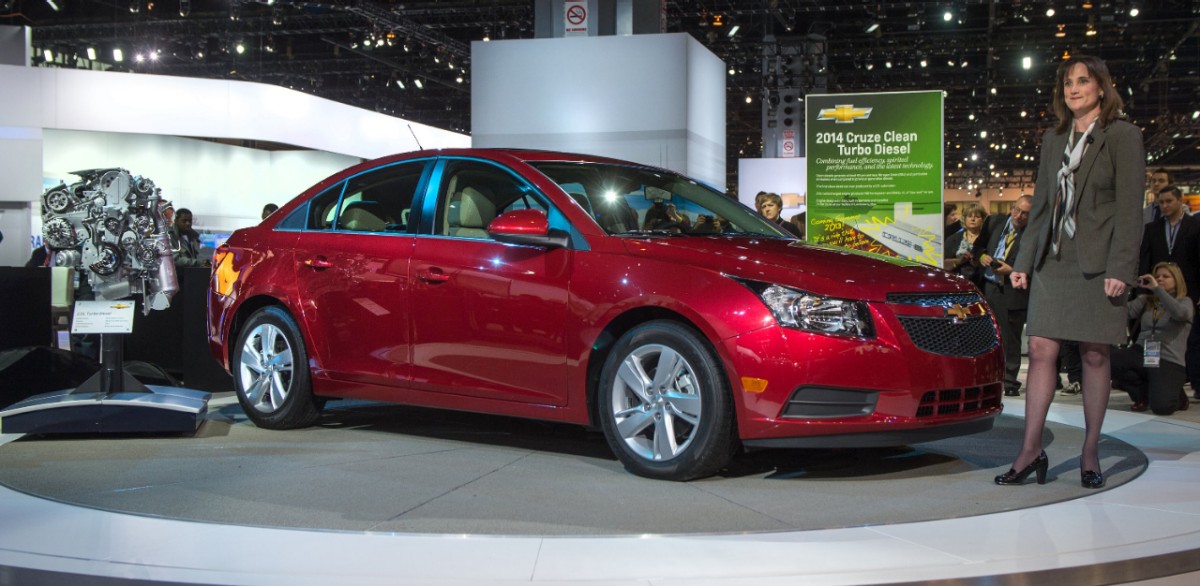
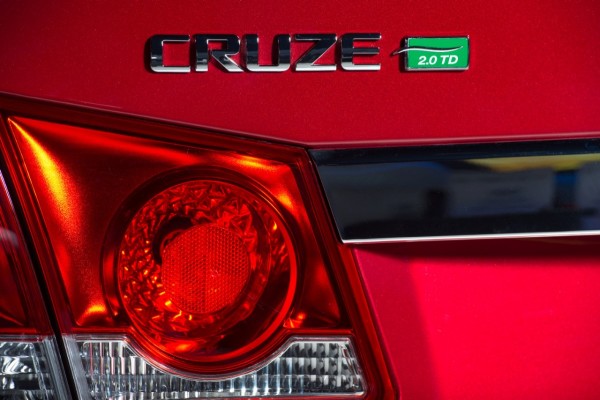

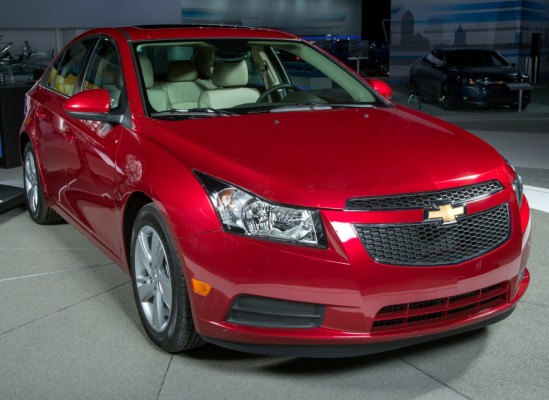
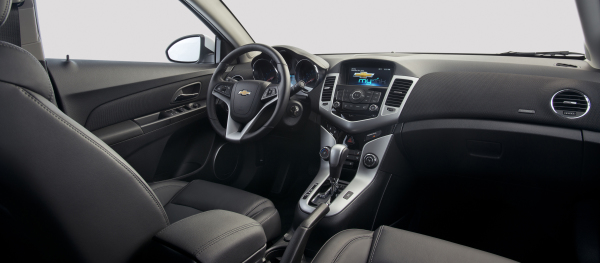
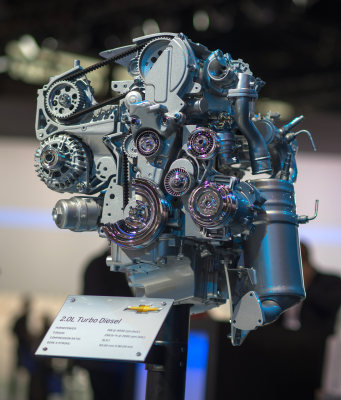
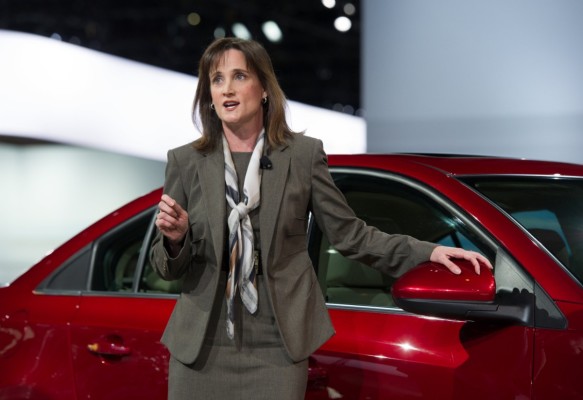
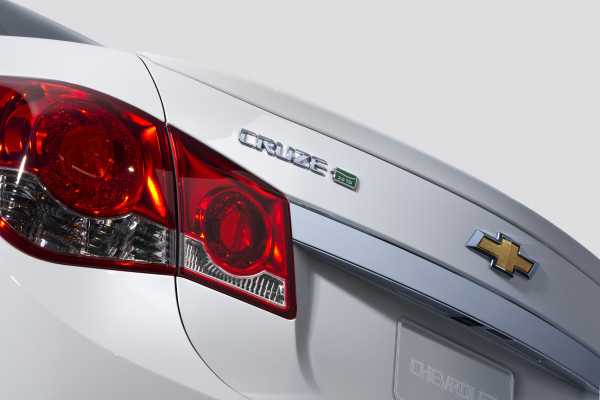
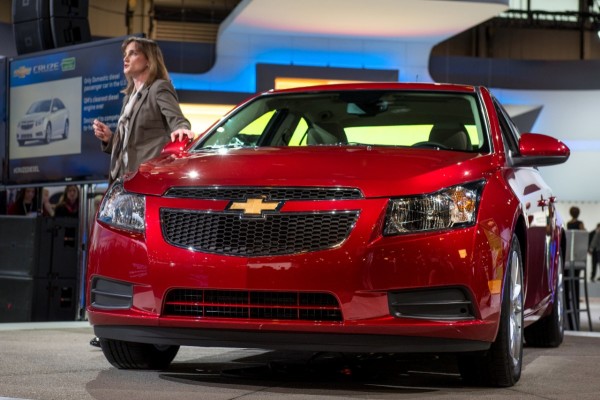
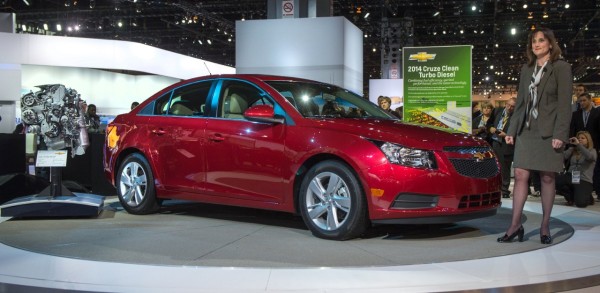
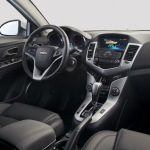
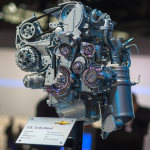
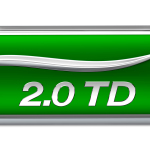
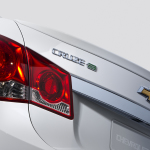
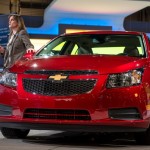
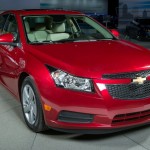
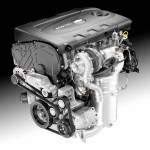
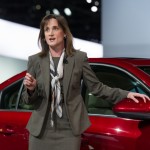
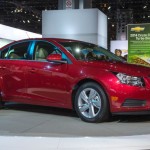
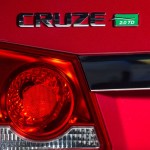

One thought on “AK Live And Direct With: GM Head of Consumer Affairs – James Bell”